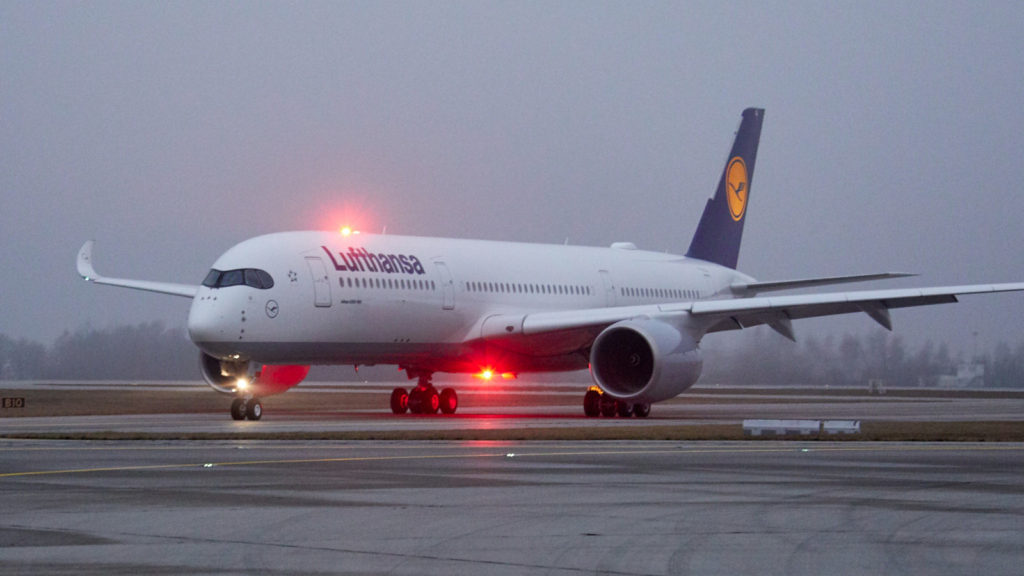Brazil Airline Azul’s Profits Drop 20% on Higher Expenses
SAO PAULO, May 9 (Reuters) - Higher operational costs weighed on Brazil's No. 3 airline, Azul SA, sending profits in the first quarter down 20% to 137.7 million reais ($35.06 million), despite significantly higher revenue…
